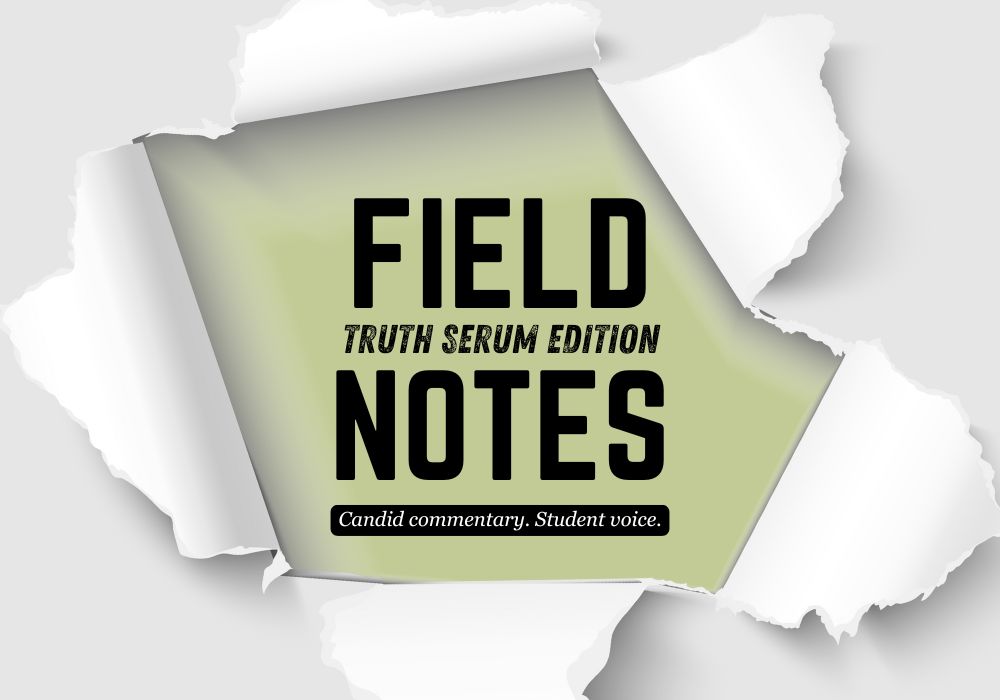Field Notes: Truth Serum Edition offers unfiltered, anonymous commentary from UTMB SPPH students on current public health issues. It’s a glimpse into how our future public health leaders are thinking, questioning, and pushing for change.
EPA Deregulation Announcement
Read the full announcement: EPA Launches Biggest Deregulatory Action in U.S. History
Summary
Lee Zeldin, the administrator of the Environmental Protection Agency (EPA), announced 31 policy deregulations concerning water, air, and climate. Among them, the EPA is reconsidering the technology transition rule that reduced hydrofluorocarbons, planet-warming greenhouse gases. Additionally, the EPA has proposed weakening the Particulate Matter National Ambient Air Quality Standards and ending the ‘Good Neighbor Plan’. Zeldin states these moves will fulfill the “promises to unleash American energy.”

Field Notes: Student Perspective
The EPA’s actions make it clear that corporate interests take priority over everything else. The article focuses primarily on the potential benefits to industry and cost considerations, offering minimal discussion of the broader implications of these policy changes. This blatant disregard for environmental protection and public well-being is especially troubling.
The ‘Good Neighbor Plan’ was designed to shield downwind communities from the harmful effects of air pollution and smog. In 2024, the EPA projected that the Particulate Matter National Ambient Air Quality Standards would prevent 800,000 asthma cases, 4,500 deaths, 290,000 lost workdays, and $46 billion in health expenditures. Rolling back these protections threatens to undo critical public health advancements.
Public health professionals should be outraged by this announcement. We, as public health practitioners, have a responsibility to resist these deregulations through advocacy, continued disease surveillance, and community engagement. Coastal communities, already vulnerable to severe weather exacerbated by climate change, face even greater risks. The greater Houston area and Galveston County, home to numerous power plants, may see increased pollution levels as a direct consequence of these rollbacks—putting all of us living here at risk.
Since beginning my program at UTMB, I have had the opportunity to learn from and engage with climate and environmental experts, both from UTMB and invited guest speakers. For example, a representative from the Houston Air Alliance spoke to our class about the health impacts of local power plants on the Gulf Coast and how to advocate for stronger protections while balancing the needs of the community. As a non-local, I had not realized the extent of this industry’s impact in this area and how pertinent environmental justice is here.
After gaining a better understanding of this issue, I have had the opportunity to get involved with research about our climate and how to protect the most vulnerable. All of these conversations reinforce the urgency of action in protecting public health from environmental deregulation. I hope all public health officials remain committed to safeguarding the environment as a fundamental part of protecting public health.
📣 Are you an SPPH student with something to say?
Submit your perspective on a current public health issue by contacting us at
SPPHmarketing@utmb.edu.
